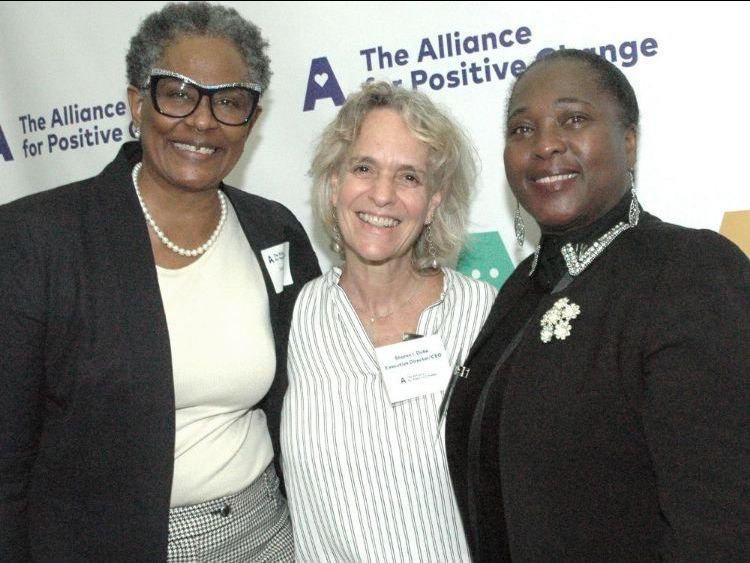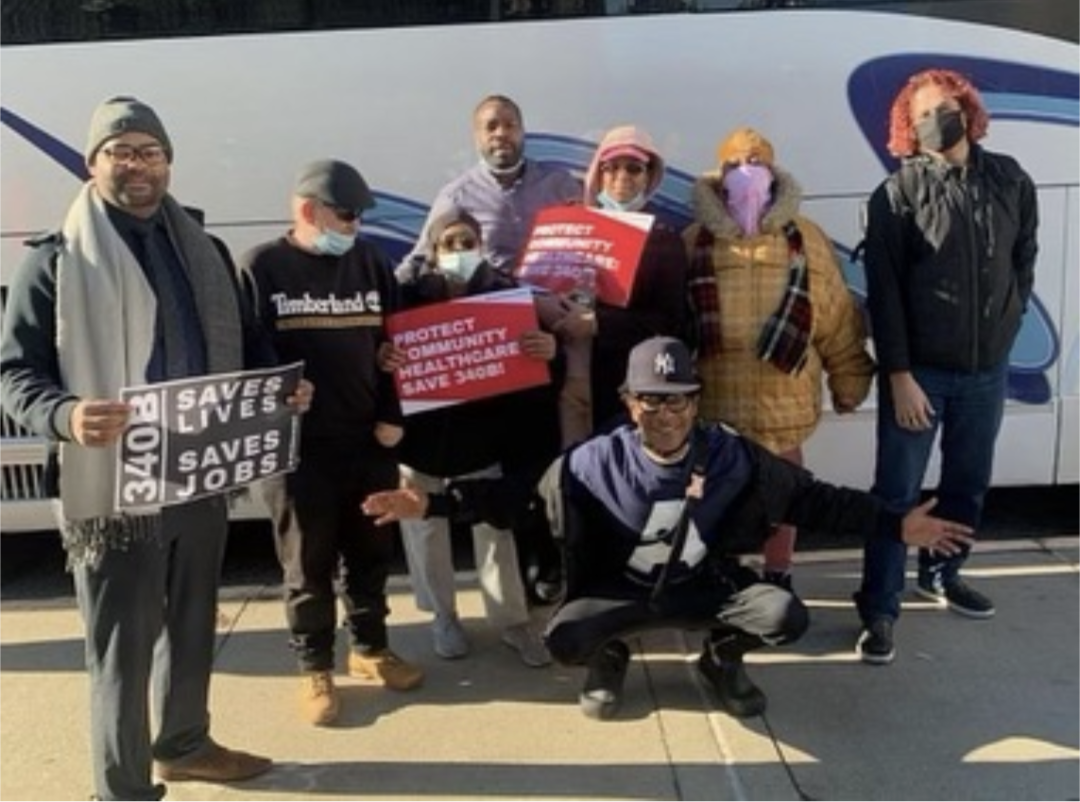2. So you only work with people who don’t have HIV?
Oh, no, not at all. I oversee the MSM (Men who have Sex with Men) programs at the Luis and Lillian Outreach Center (LLOC) and we work with HIV-positive and HIV-negative folks. We work with high-risk individuals, like people who share drugs and sex workers, immigrants coming here fleeing persecution, and many others.
3. Can you talk about the services your programs provide to immigrants? What exactly do you do, and why do they need you?
Many of the people new to America are proud to be gay, and felt repressed where they used to live. So it’s a transition process, being in a place where they’re not the only openly gay person they know.
We have groups like Brunch with The Brothas (meeting every third Saturday of the month) to invite people in to share their experiences in a safe environment, help them find community, figure out how they can better themselves, whether that means socially, economically, whatever.
4. Can you tell me about a specific person your program?
I’ll tell you about someone who came to the U.S. from the Caribbean. He had been sexually assaulted by a relative and was dealing with suicidal ideation—that’s not uncommon for our program participants. He’s coming to a lot of interventions, we’re trying to get him set up with permanent housing and a stable source of income.
He shares these conversations in both one-on-one settings and in large groups. We’re very tight at the LLOC.
Now, we also work with a lot of people born in America but nowhere near New York. Often, they need just as much help adjusting as people born outside the U.S. There was a couple who came to New York together from Tampa because they heard they could get HASA services. They came during a blizzard, and all they had were shorts and hoodies. The first place they came was LLOC. We took them to an emergency shelter, and got them clothing, housing. They’ve continued using Alliance’s services and are living in a safer HASA-building. One person is working and the other is currently taking Alliance educational programs to develop their skills.
5. Shifting gears: how have people’s reactions to HIV, and separately, to harm reduction work, changed in your time in the field?
I think that HIV prevention has evolved in the sense that now you can say “I have HIV” and people won’t turn white with fear, like they would for so many years. Florida has their awful “Don’t Say Gay” law. In New York, there was a “Don’t Say HIV” atmosphere for many years. Not the case today, but we have to stay mindful that NYC is not all places, and the culture is different here. Over half of our participants are not from the NYC area, and they’re adjusting to this place.
Now, how has harm reduction changed? It’s more prevalent, it’s talked about more openly now, especially over the last few years, with people knowing words like “safer use” and “Narcan,” even people who don’t use drugs.
6. How has your program changed during the pandemic?
We had to do more Zooms during the pandemic. A lot of our clients are young, and adapted to technology, but it still wasn’t the same level of intimacy.
We tried to expand our working hours and virtual game days to Sunday nights, just to build community. We also had to do a lot more case management and checking up on clients’ medication adherence. People used to show up to different offices on their own schedules, no big deal, and things like medication refills would take care of themselves, but in the early days of the pandemic everything had to be planned out. We had to do more work on the fly.
7. If you could do anything in addition to what you are doing now, what would it be?
I would be chilling in Montreal, that’s my favorite city. And I would be traveling around the world. I’d take a cruise and go around the world, seeing a different port every day.




